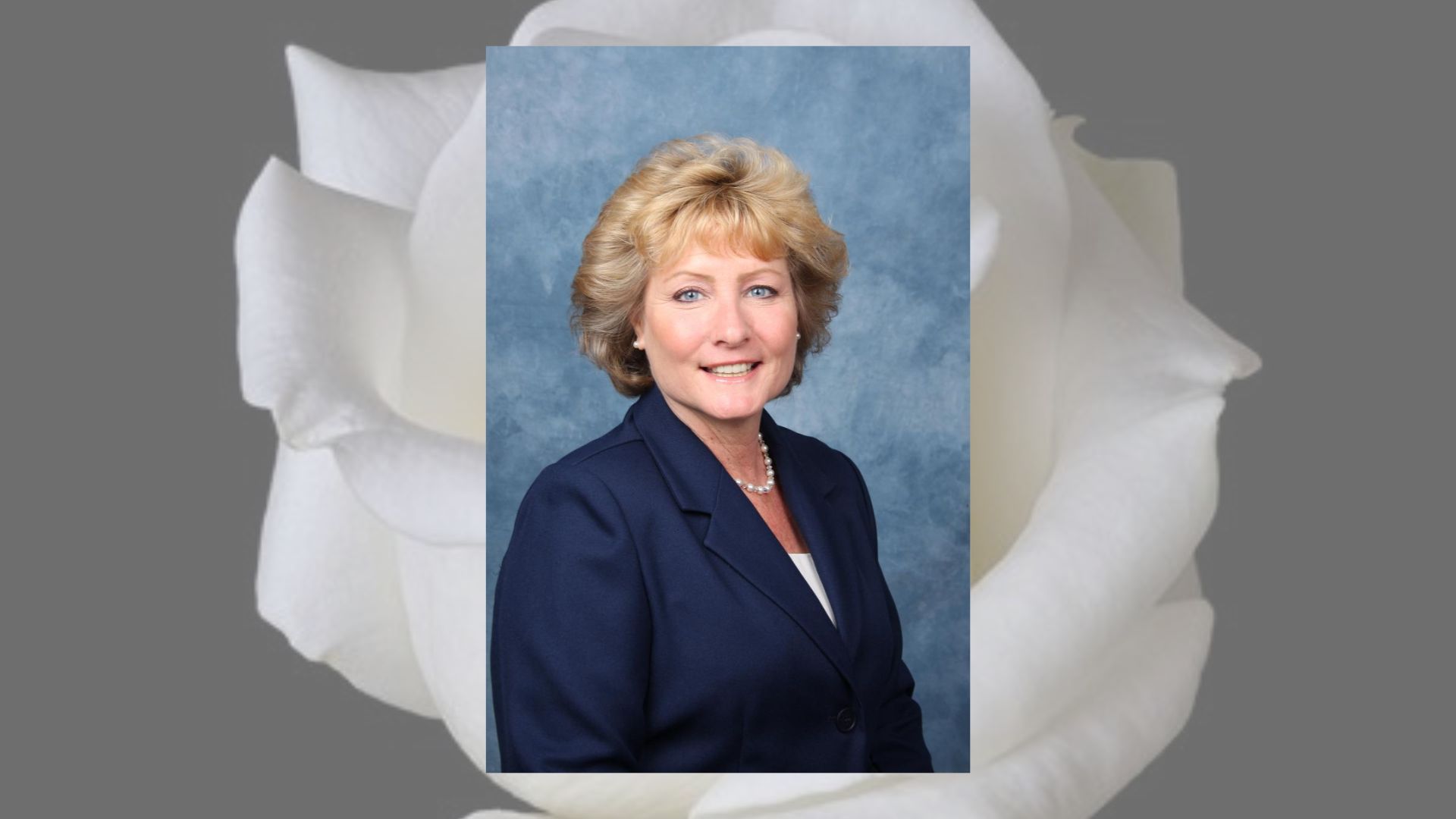

It’s not something people like to think or talk about, but Kaiser Permanente physicians are finding that when patients plan for life’s what ifs- life’s unplanned catastrophic events, they actually feel a great deal of relief and satisfaction. This type of planning is just as important as planning for your education, your family, your finances or your retirement,says Dr. Ruma Kumar, a hospital based physician at Kaiser Permanente San Jose and a physician leader who oversees Life Care Planning. Since last August, 600 doctors, nurses and other trained facilitators across Kaiser Permanente Northern California have been helping members begin the process of life care planning. Also, 23,000 members have started or completed the process of making sure their personal wishes are respected and followed in case of a completely debilitating accident, health condition or end-stage of disease.
Choosing a health care agent and planning for unanticipated events can be done on line using the website,says Kumar. The website can be used by our members as well as the public.The website can be accessed easily from a home computer connected to the Internet, or at most of the Kaiser Permanente Health Education Centers. At many, like San Jose, there is an entire wall of computers linked to the website for easy access. Much of the staff is trained and available to walk patients through the process. The person that you choose for your agent is one of the most important decisions you will make because your agent is the person who knows your wishes and helps to guarantee they are followed in the event that an accident or illness prevents you from talking to your healthcare provider,says Kumar. The website itself is extremely user-friendly. The language is simple and straightforward. It includes videos from Kaiser Permanente patients who’ve completed life care planning. Forms to complete the process can be downloaded or printed. While life care planning can start with the young and healthy, it is equally important for people with complex conditions, like end-stage renal disease or heart failure. A study of those patients who completed the life care planning process found that they and their loved ones were able to voice what was important to them about their future health care and make decisions that were in alignment with their values, beliefs and goals. Some members wanted full, aggressive measures as their health failed and others wanted less aggressive interventionsays Kumar Because of the planning, the care team was able to deliver care that was in alignment with the patient’s wishes even if the patient was not able to speak.Kumar says life care planning decisions can change over time and these changes can be reflected in the planning document for all to access and act upon. She added that research shows advanced planning reduces stress and anxiety for patient families. I see this as one of the greatest gifts that patients can give their loved ones.Visit http://lifecareplan.kaiserpermanente.org/ for more information.




